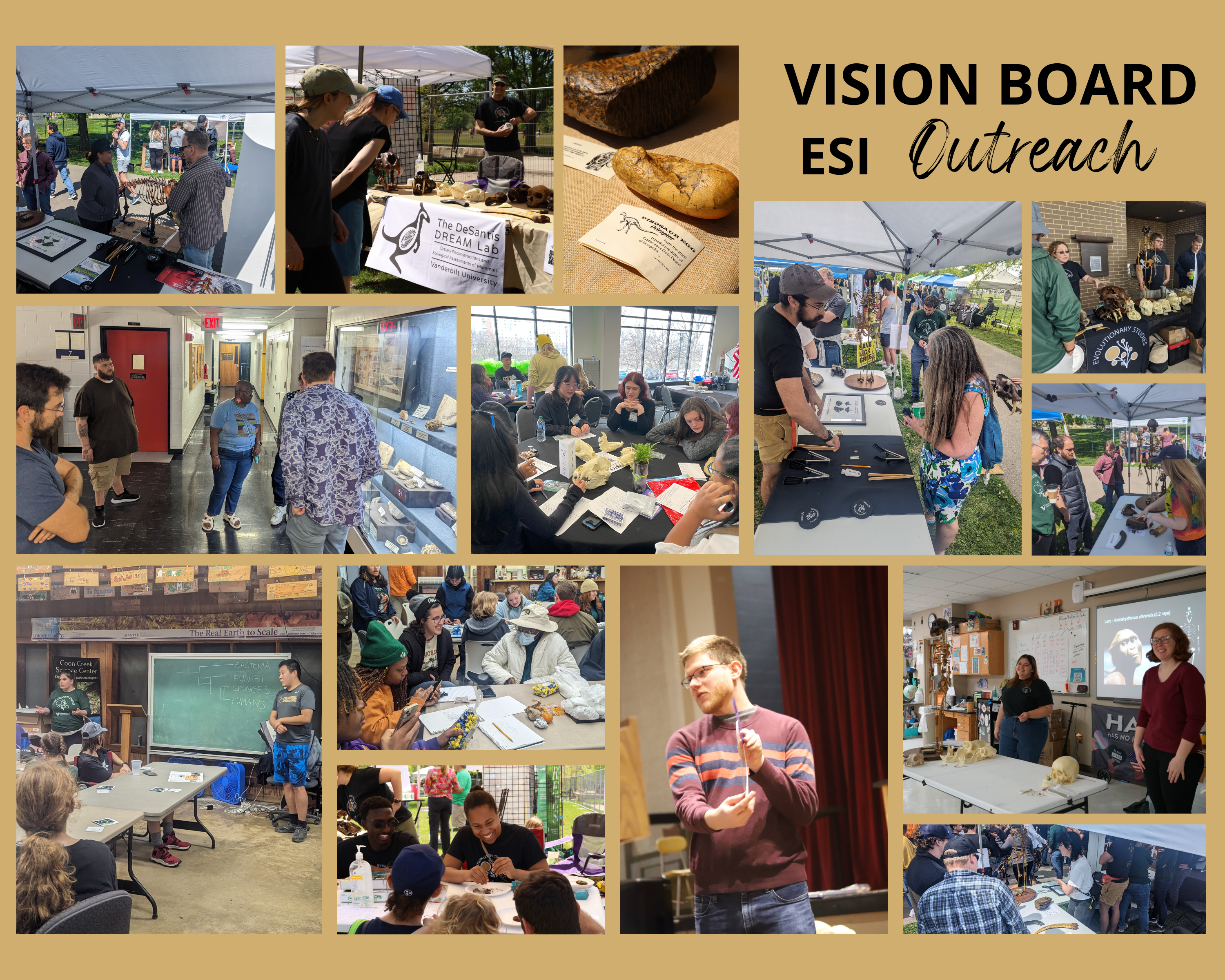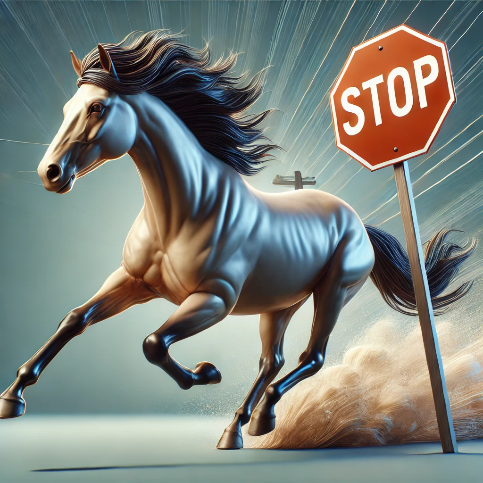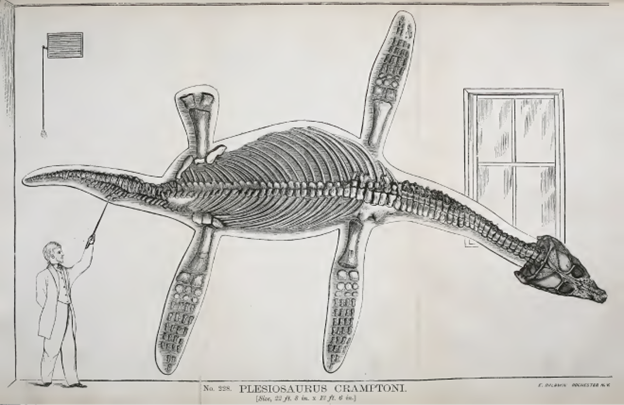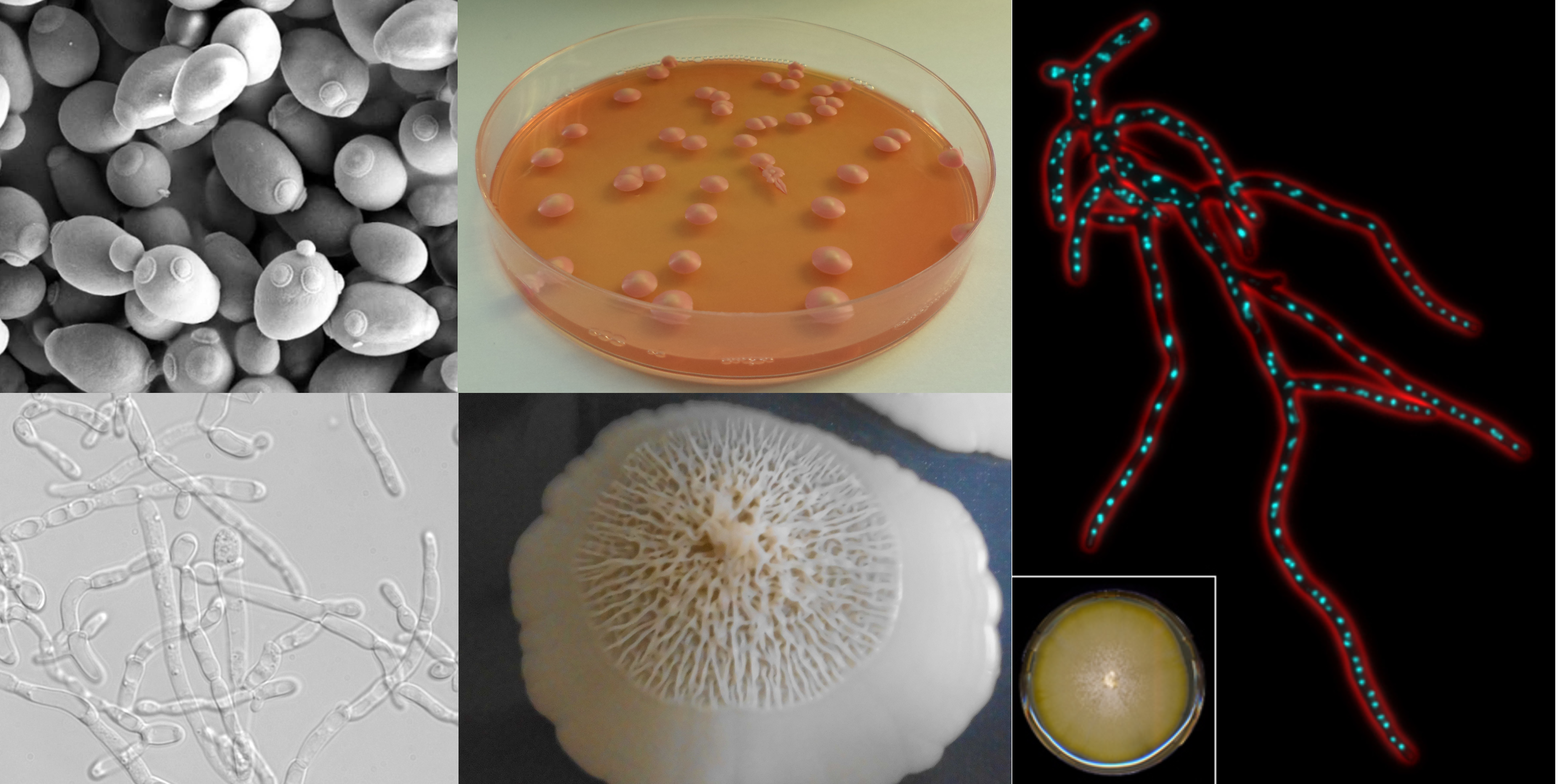Evolutionary Studies
-

Vanderbilt’s Evolutionary Studies Initiative honored with 2025 Friend of Darwin Award
The National Center for Science Education has named Vanderbilt University’s Evolutionary Studies Initiative as one of its 2025 recipients of the prestigious Friend of Darwin award. This national honor recognizes ESI’s outstanding contributions to advancing public understanding of evolution through interdisciplinary research, education and outreach. Read MoreJun 10, 2025
-

Castiglione Lab discover horses run faster by ignoring an ancient mutation that says ‘stop’
New work from the Castiglione lab and that of collaborator, Elia Duh (Johns Hopkins), is shaping the way is shaping the way we understand the evolutionary limits of energy production. He discovered that the horse, an oft-studied, physiological powerhouse, evolved an enigmatic and ancient mutation that enables horses and their relatives to produce extreme amounts of energy while avoiding deleterious side effects. Read MoreApr 8, 2025
-

Restoring Vanderbilt’s Natural History Museum: Rediscovering the lost plesiosaur (cast)
Embarking on a new research project often brings unexpected discoveries—some intriguing, some novel, but rarely a find of a lifetime. Such a remarkable discovery occurred when university archivist and associate director Kathy Smith stumbled upon a pile of plaster, hidden away for 60 years in a dim, cluttered closet of the Branscomb Quad basement. This plaster turned out to be the long-lost Crampton’s Plesiosaur Cast from the 1870s, missing for nearly six decades. Read MoreSep 3, 2024
-

Vanderbilt researchers flip the script on yeast ecological diversity
A mere decade ago, decoding the genome of every organism in a major branch of the tree of life and deciphering their diets was a pipe dream. In a groundbreaking study, a team of researchers from Vanderbilt University, the University of Wisconsin-Madison and other institutions worldwide have done just that for the first time ever. Led by Abigail LaBella, a postdoctoral researcher in the Rokas Lab, an international research team used the genomes and diets of nearly all known species from an ancient lineage of yeasts to understand the evolution of generalists and specialists. Read MoreMay 8, 2024